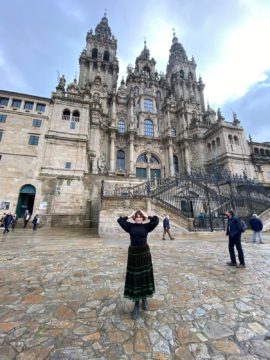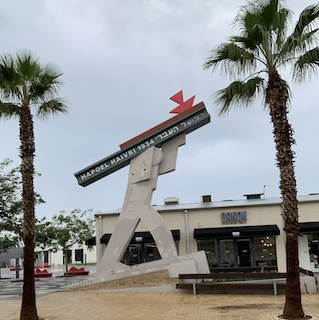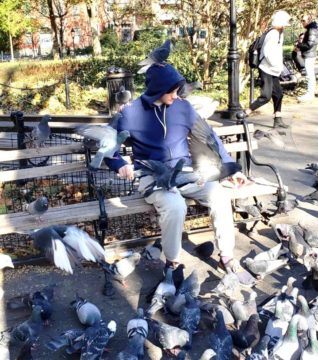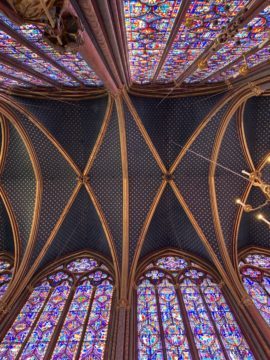by Ethan Seavey
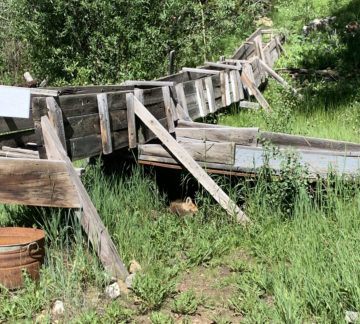 The Welcome Center museum isn’t exceptionally well-known. I often hear variations of the same phrase: “Oh, I’ve been coming to Breckenridge for years and never knew there was a museum back here!” It does get a lot of foot traffic, though, because (as its name implies) it is in the back of the Welcome Center building.
The Welcome Center museum isn’t exceptionally well-known. I often hear variations of the same phrase: “Oh, I’ve been coming to Breckenridge for years and never knew there was a museum back here!” It does get a lot of foot traffic, though, because (as its name implies) it is in the back of the Welcome Center building.
As a docent, most of my job entails telling confused tourists to grab a map at the tourism office at the front of the building, or to find the toilets near the tourism office at the front of the building, or to find hiking guides in the stands in the tourism office at the front of the building. If they’re still confused, I’ll add, “This back here is our Welcome Center Museum! Lots of local history in this building. If you have any questions, I’m happy to help!”
Many (if not most) of our visitors stumble across the museum by accident, but they’re tourists, which means they have time to kill and don’t mind wandering around a place which they had no intention of visiting a few moments earlier. One such woman walked in last week. At the time, I was explaining to another guest the concept of dredge mining. Over the guest’s shoulder, a peripheral smile indicated to me that she was waiting for me to finish speaking. Read more »

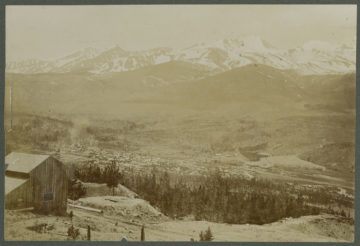
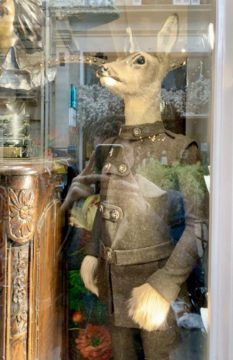 Every hour of every day I hear the pulsating rush of le Periph and I am reminded that Paris is dead. My dorm is at the very bottom of Paris such that if the city were a ball I’d be the spot that hits the ground. I sit in my windowsill. I watch cars drive on the highway in an unending flow, like blood in veins, fish in streams, but they’re all metal idols of life. Life does not go this fast. Life stops to take a rest.
Every hour of every day I hear the pulsating rush of le Periph and I am reminded that Paris is dead. My dorm is at the very bottom of Paris such that if the city were a ball I’d be the spot that hits the ground. I sit in my windowsill. I watch cars drive on the highway in an unending flow, like blood in veins, fish in streams, but they’re all metal idols of life. Life does not go this fast. Life stops to take a rest.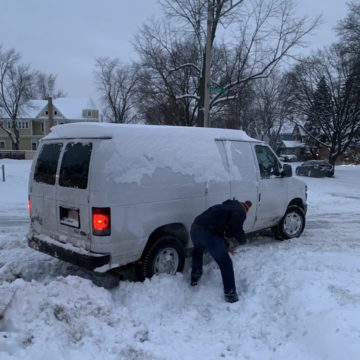 Why do I have to help?
Why do I have to help?